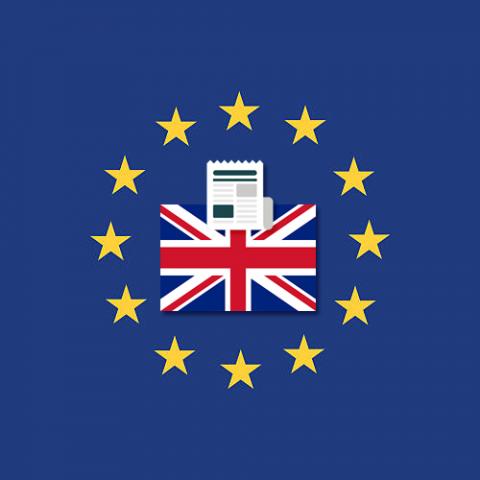
Statement in response to Marriott International, Inc’s filing with the US Securities and Exchange Commission that the Information Commissioner's Office (ICO) intends to fine it for breaches of data protection law.
Following an extensive investigation the ICO has issued a notice of its intention to fine Marriott International £99,200,396 for infringements of the General Data Protection Regulation (GDPR).
The proposed fine relates to a cyber incident which was notified to the ICO by Marriott in November 2018. A variety of personal data contained in approximately 339 million guest records globally were exposed by the incident, of which around 30 million related to residents of 31 countries in the European Economic Area (EEA). Seven million related to UK residents.
It is believed the vulnerability began when the systems of the Starwood hotels group were compromised in 2014. Marriott subsequently acquired Starwood in 2016, but the exposure of customer information was not discovered until 2018. The ICO’s investigation found that Marriott failed to undertake sufficient due diligence when it bought Starwood and should also have done more to secure its systems.
Information Commissioner Elizabeth Denham said:
“The GDPR makes it clear that organisations must be accountable for the personal data they hold. This can include carrying out proper due diligence when making a corporate acquisition, and putting in place proper accountability measures to assess not only what personal data has been acquired, but also how it is protected.
“Personal data has a real value so organisations have a legal duty to ensure its security, just like they would do with any other asset. If that doesn’t happen, we will not hesitate to take strong action when necessary to protect the rights of the public.”
Marriott has co-operated with the ICO investigation and has made improvements to its security arrangements since these events came to light. The company will now have an opportunity to make representations to the ICO as to the proposed findings and sanction.
The ICO has been investigating this case as lead supervisory authority on behalf of other EU Member State data protection authorities. It has also liaised with other regulators. Under the GDPR ‘one stop shop’ provisions the data protection authorities in the EU whose residents have been affected will also have the chance to comment on the ICO’s findings.
The ICO will consider carefully the representations made by the company and the other concerned data protection authorities before it takes its final decision.
For further information, please contact the ICO: casework@ico.org.uk
For press questions, please visit the media section on the ICO website
Notes to Editors
1. The Information Commissioner’s Office upholds information rights in the public interest, promoting openness by public bodies and data privacy for individuals.
2. The ICO has specific responsibilities set out in the Data Protection Act 2018, the European Union’s General Data Protection Regulation (GDPR), the Freedom of Information Act 2000, Environmental Information Regulations 2004 and Privacy and Electronic Communications Regulations 2003.
3. The ICO can take action to change the behaviour of organisations and individuals that collect, use and keep personal information. This includes criminal prosecution, non-criminal enforcement and audit. The ICO has the power to impose a civil monetary penalty on a data controller of up to £17million (20m Euro) or 4% of global turnover.
4. The GDPR applied in the UK from 25 May 2018. Its provisions are included in the Data Protection Act 2018. The Act also includes measures related to wider data protection reforms in areas not covered by GDPR, such as law enforcement and security. The government intends to incorporate the GDPR into our data protection law when the UK leaves the EU.
5. Under the GDPR, the data protection principles set out the main responsibilities for organisations. Article 5 of the GDPR requires that personal data shall be:
· Processed lawfully, fairly and in a transparent manner in relation to individuals;
· Collected for specified, explicit and legitimate purposes and not further processed in a manner that is incompatible with those purposes;
· Adequate, relevant and limited to what is necessary in relation to the purposes for which they are processed;
· Accurate and, where necessary, kept up to date
· Kept in a form which permits identification of data subjects for no longer than is necessary; and
· Processed using appropriate technical or organisational measures in a manner that ensures appropriate security of the personal data.”
· Article 5(2) requires that “the controller shall be responsible for, and be able to demonstrate, compliance with the principles.”
6. Civil Monetary Penalties (CMPs) are subject to a right of appeal to the (First-tier Tribunal) General Regulatory Chamber against the imposition of the monetary penalty and/or the amount of the penalty specified in the monetary penalty notice.
7. Any monetary penalty is paid into the Treasury’s Consolidated Fund and is not kept by ICO.
8. To report a concern to the ICO telephone our helpline 0303 123 1113 or go to ico.org.uk/concerns.